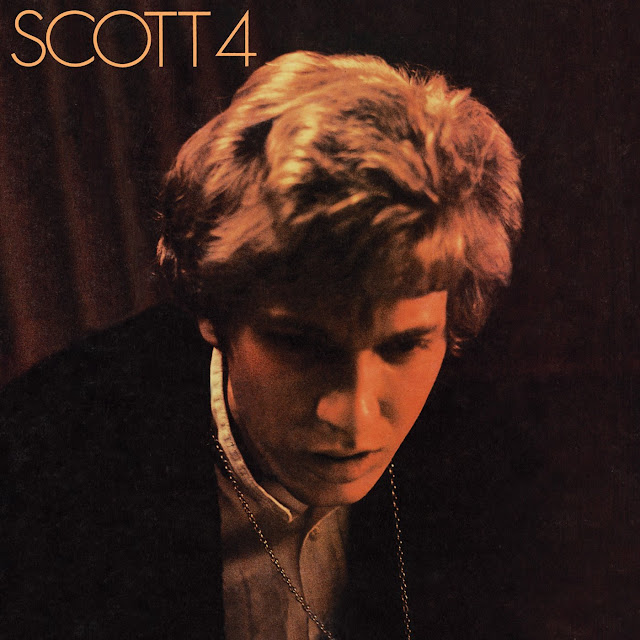I made a two hour mix for NTS Radio of songs with vocals that are significant to me. I had originally set out to focus on experimental vocals, but I realized that so much of what might sound experimental to western ears—Tibetan chant, Inuit throat singing, Chinese folk—is deeply traditional, not experimental at all. Instead, I approached this as two hours of vocal milestones, be they from technical, stylistic, or emotive standpoints. It’s not possible to make a two hour comprehensive survey of strong vocal traditions, nor of the most important singers, though there are quite a few of both categories in here. Putting this together was hard, and while I could easily have spent years digging and rethinking, I set a month time limit to ensure that I would finish it at all.
As I was making this I also thought a lot about how Björk framed her almost entirely vocal record Medúlla as a response to September 11th–both the event itself and the subsequent wave of patriotism and xenophobia that she experienced as a foreigner living in New York. Making an all-vocal album was, for her, a coping mechanism and a means of trying to reconnect with what it means to be a human.
Lastly, a note that this isn’t as listenable or poppy as the mixes that I typically make, though I did try to arc it in a way that feels good. I’m not really sure what its ideal listening environment is–it probably involves headphones–so I hope that you enjoy it all the same! If you’d like an mp3 version you can download it here. Thank you for listening 💜
Tracklist:
1. The Impressions – For Your Precious Love
2. Meredith Monk – Strand (Gathering)
3. Geinoh Yamashirogumi – Genesis (abridged)
4. Bessie Griffin & The Gospel Pearls – Sometimes I Feel Like A Motherless Child
5. Philippine Madrigal Singers – Pamugun (comp. Francisco Feliciano)
6. Catherine Ribeiro + Alpes – Jusqu’à Ce Que La Force De T’aimer Me Manque (excerpt)
7. Emma Kirkby & Gothic Voices – O Euchari (comp. Hildegard von Bingen)
8. Björk – Pleasure Is All Mine
9. The Ronettes – Baby I Love You (Isolated Vocals) (excerpt)
10. David Hykes & The Harmonic Choir – Arc Descents
11. Unknown Artists – Sumi Yeinyo (Hani Crying Song) (Southern China)
12. The Beach Boys – Surfer Girl (Alternate Version)
13. John Jacob Niles – Go ‘Way From My Window
14. The Tallis Scholars – Spem In Alium, Motet for 40 Voices (comp. Thomas Tallis)
15. Geinoh Yamashirogumi – Doll’s Polyphony
16. Young Thug – All Over
17. Ghédalia Tazartès – Une Voix S’en Va
18. Yma Sumac – Taita Inty (Virgin Of The Sun God)
19. Arthur Miles – Lonely Cowboy, Pt. 2
20. Angkanang Kunchai With Ubon-Pattana Band – Isan Lam Plearn (excerpt)
21. The Hilliard Ensemble – Viderunt Omnes (comp. Pérotin)
22. Ustad Ghulam Ali & Asha Bhosle – Salona Sa Sajan Hai Aur Main Hoon
23. Patti Page – Confess (excerpt)
24. Monks of Gyütö Tantric College – Sangwa Düpa (excerpt)
25. Amália Rodrigues – Gaivota (excerpt)
26. Unknown Artist – Akazehe Par Une Jeune Fille (Burundi)
27. Anna Homler & Steve Moshier – Sirens (excerpt)
28. Bulgarian State Radio & Television Female Vocal Choir – Stani Mi, Maytcho (Get Up, My Daughter)
29. David Hykes & The Harmonic Choir – Rainbow Voice
30. Lucy Amarualik & Mary Sivuarapik – Song Of A Cooking Seal Flipper
31. Dr. Octagon – Halfsharkalligatorhalfman
32. Judy Henske & Jerry Yester – Rapture (excerpt)
33. The Hilliard Ensemble – Sabbato Sancto – Responsorium 5 (comp. Carlo Gesualdo)
34. Linda Jones – Your Precious Love (excerpt)


